Broccoli is a green vegetable that visually resembles a tiny… tree. It belongs to a plant species known as Brassica oleracea. It is also called cabbage (by analogy with cauliflower, Brussels sprouts, kohlrabi). All these edible plants are collectively called cruciferous vegetables.
Although you’d never guess it, broccoli originated from wild mustard. Over time, farmers selectively bred it to turn it into the crunchy green vegetable we know today. Broccoli is rich in beneficial nutrients.
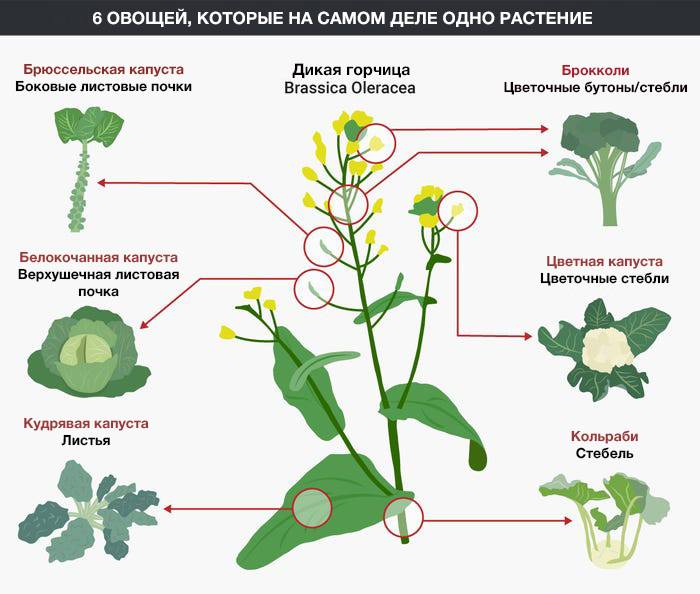
Nutrients per serving. 1/2 cup of broccoli contains:
Calories: 15
Fat: 0
Carbohydrates: 3 grams
Protein: 1 gram.
A cup of broccoli contains as much vitamin C as an orange. It is an important antioxidant that protects cells from damage and promotes healing throughout the body.
Broccoli is rich in vitamins and minerals such as:
- Calcium
- Iron
- Phosphorus
- Potassium
- Zinc
- Thiamine
- Riboflavin
- Niacin
- Vitamin A
- Vitamin B6
- Vitamin B12
- Vitamin D
- Vitamin E
- Vitamin K
- Folic acid.
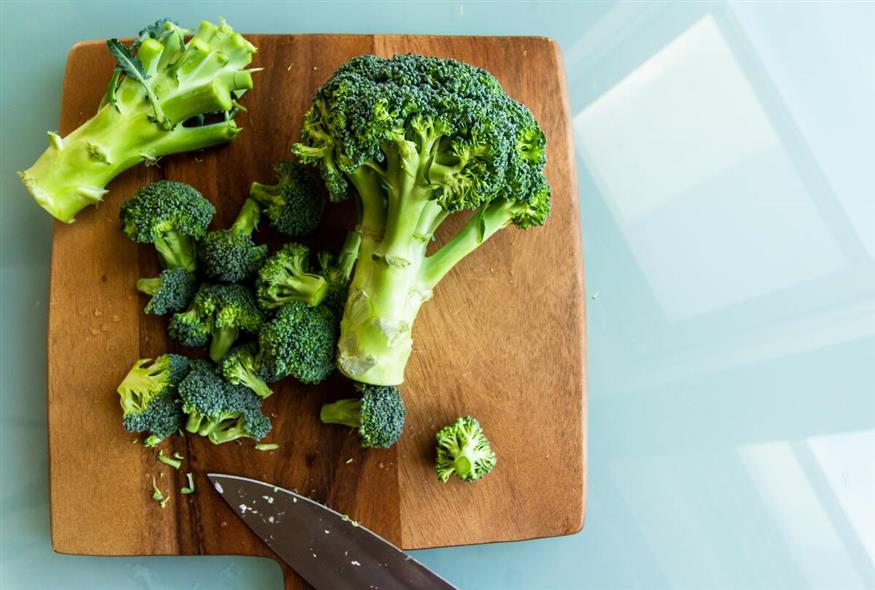
Benefit for health
In addition to all the vitamins and minerals it contains, broccoli is rich in many natural chemicals. The main one is a sulfur compound called sulforaphanewhich can help with a number of conditions, including:
Diabetes. Research shows that sulforaphane may help lower blood sugar levels. If you have type 2 diabetes and obesity, you may notice more improvement in your blood sugar levels than others.
Cancer. Sulforaphane and other natural compounds can prevent the formation of cancer cells in the body.
Osteoarthritis. Because sulforaphane keeps the cartilage between joints healthy, it may help prevent or slow the development of osteoarthritis.
Other natural plant compounds in broccoli called carotenoids, are also good for health. They may help reduce the likelihood of heart disease and strengthen the immune system.
So where does broccoli work its magic and when is it dangerous?
Schizophrenia. Although scientists don’t yet have enough evidence, high levels of sulforaphane may affect chemicals in the brain. Researchers are trying to find out whether broccoli sprout extracts can help people with schizophrenia manage their symptoms.
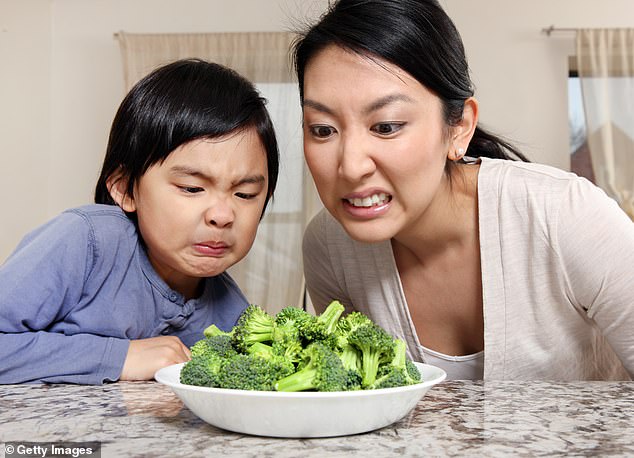
Potential risks. Attention! You may need to avoid broccoli if you have any health problems. Talk to your doctor about what’s best for you if:
- You are taking blood thinners: they are rich in vitamin K, which helps blood clot. If you eat more than usual, it may change how your body responds to the medicine.
- While you don’t have to avoid broccoli completely if you’re taking anticoagulants, you should maintain a consistent amount of vitamin K in your diet.
- You have irritable bowel syndrome: Broccoli can cause gas and intestinal upset.
- You have kidney problems. The phosphorus found in broccoli can begin to accumulate in the blood if your kidneys are not working well.

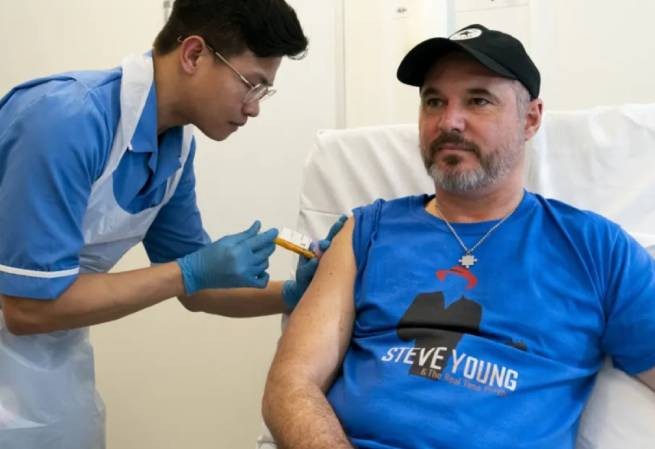



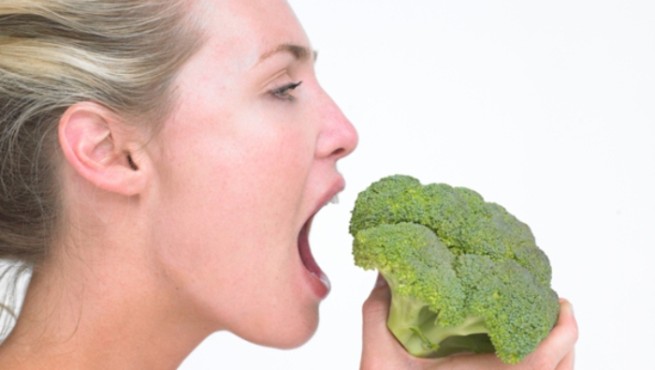

More Stories
Macedonian halva celebrates 100th anniversary
Greek "METAXA" among the most fashionable brandies according to Drinks International Report 2024
10 special and very tasty Greek cheeses